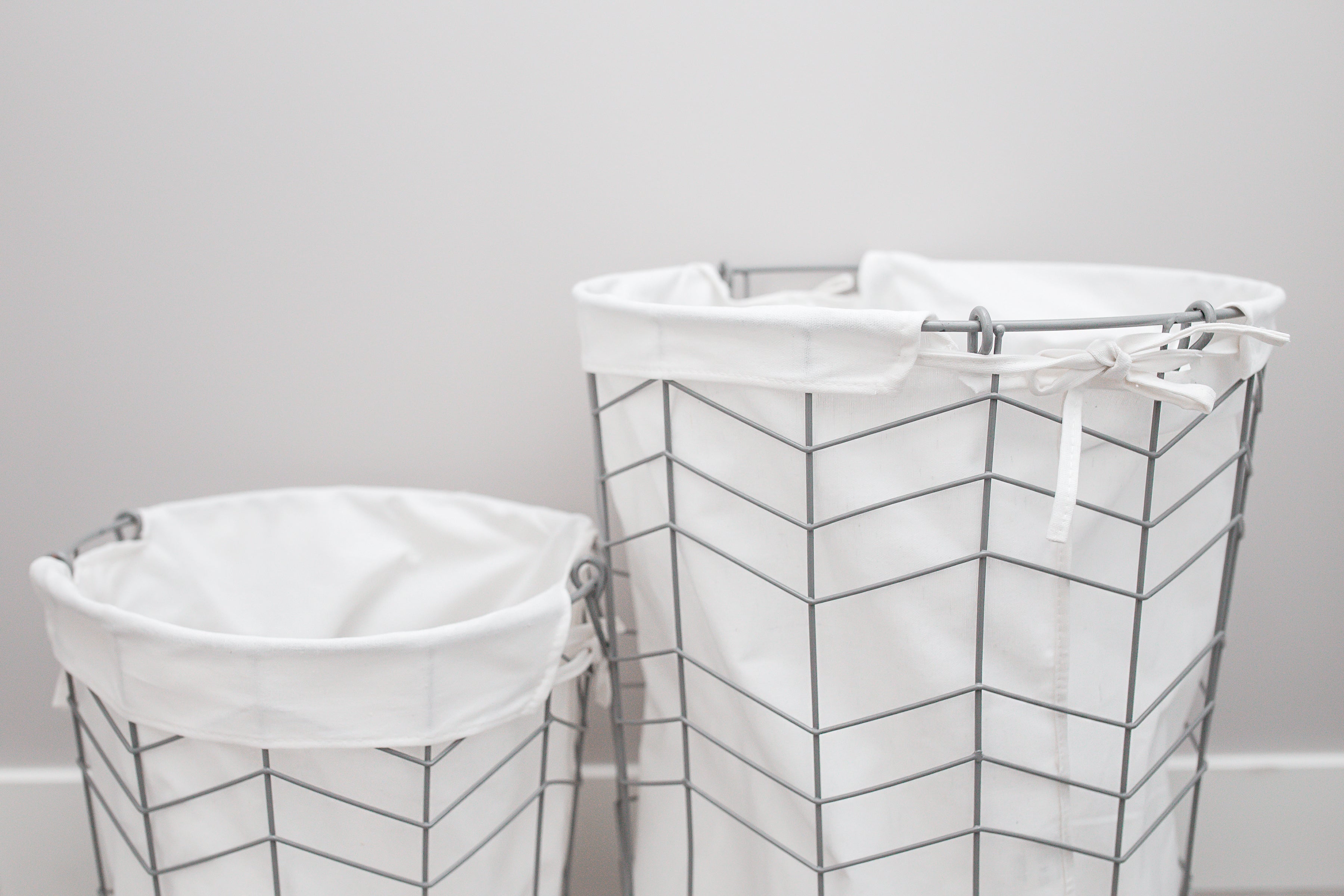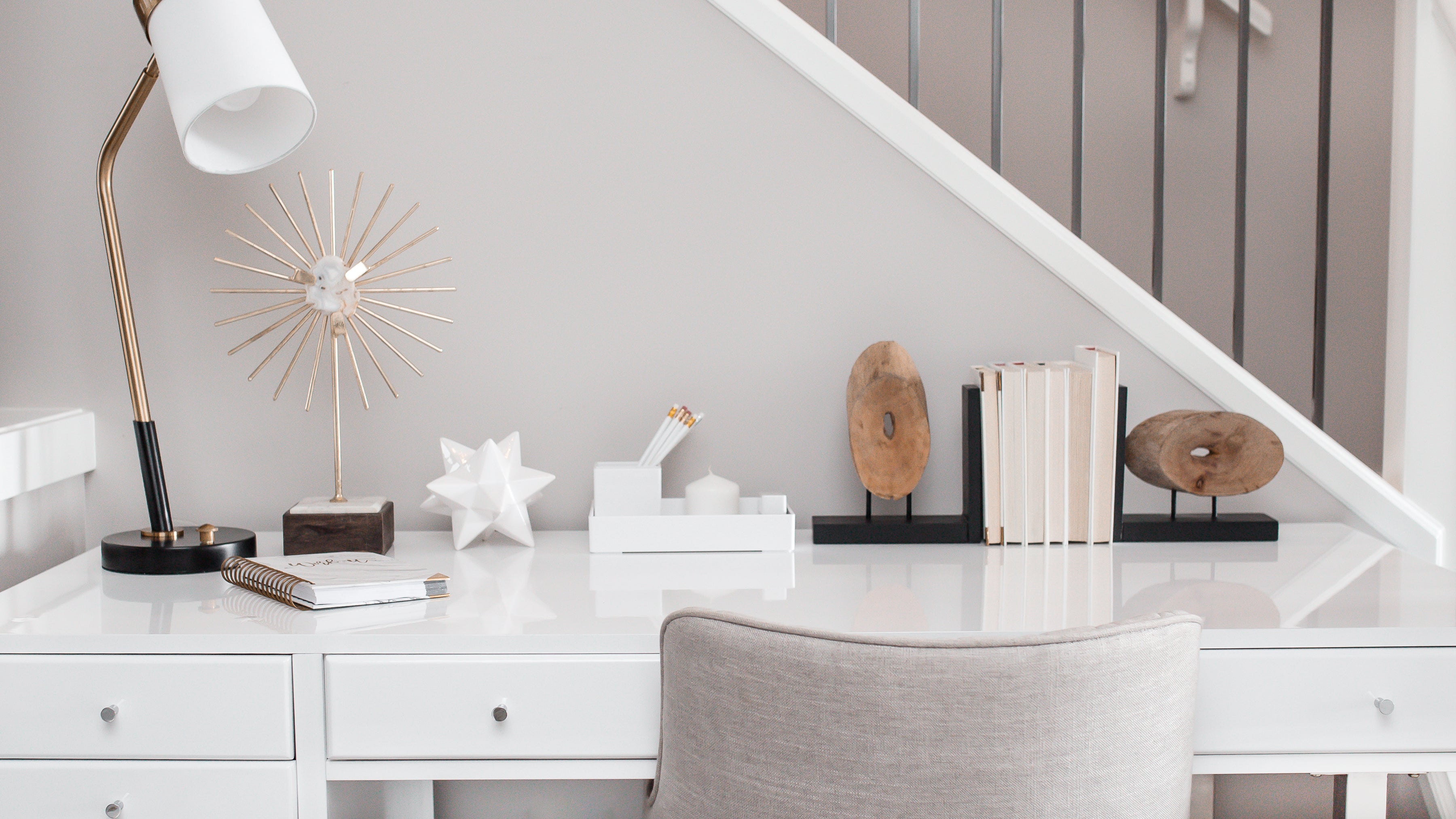Article: Katie Pearse’s entrepreneurial experiments

Katie Pearse’s entrepreneurial experiments
This guest blog post was first published on the Cleanify website on June 16, 2016 by Laura @ Cleanify.
Laura: "I’ve been speaking with so many amazing entrepreneurs lately, it’s making me seriously consider starting my own cleaning service. Recently I was able to spend some time chatting with Katie Pearse, the Maid Mentor, about her successful Edmonton-area cleaning business and the transition into her next big thing. An edited version of our conversation is below."
Cleanify: You started your cleaning business in 2008 as a side business while you were working full-time in corporate communications. Why did you pick cleaning as the type of business to start?
Katie Pearse, The Maid Mentor: It seemed like a really easy business to get started in, there was no huge commitment in leasing space or hiring and training people for months before opening. Also, the person I started the business with was a great cleaner, very meticulous. We were roommates then and I was working full-time while she was going to university. I’d been working so much that I needed help cleaning but I was disappointed in the people who cleaned for me, so I suggested to her that she clean houses on the side and I would help get clients and build the website. In the beginning I cleaned with her until we hired people to help.
Cleanify: Are you still running the business? Or did you sell it?
KP: No, I’m not involved in the business anymore. We worked together for seven years and business was really big and busy but by that point we weren’t working that well together. I made her a few offers to buy her out and she didn’t accept any. The legal bills were mounting and I realized “I don’t need to cling to this company. I can start something else.” So I told her to just take it. Unfortunately she chose to shut it down.
Stepping away has really freed me. I had always wanted to do marketing for other people, and extricating myself from that business allowed me to find other clients and help business owners in other industries, like insurance. I spent a year helping other businesses and then was approached by a software company who wanted to develop an ebook for cleaning companies. That got me revisiting the idea that I should focus on what I had learned over the seven years I spent running my cleaning company. It gave me the spark to re-engage with cleaners and I jumped back into thinking about cleaning and helping cleaning businesses grow. When I was running my cleaning company, I didn’t talk to anyone else in the industry, I just focused on running the business. Now I’m connecting with a lot of people in the industry. I’m doing a session at ARCSI in Chicago this year on how to brand your business and make it into a premium luxury service.
Writing the How to Run a Cleaning Business guide gave me the spark to re-engage with cleaners and I jumped back into thinking about cleaning and helping cleaning businesses grow.
Cleanify: Can you speak more about that? You mention on your website that one of your secrets to success was that you charged 25-100% more than your competitors. That seems counterintuitive.
KP: Yes, definitely. I found that cleaning companies looked very cookie cutter and generic. They gave the impression that the people working for them were from temp agencies or just anybody off the street. There was never a face or a name associated with the company. They took the same approach as if hiring someone to mow your lawn, and you probably don’t care if different people come every week to mow your lawn. My real interest in marketing is selling to women, because women are the major decision makers for the household. This generic, cookie cutter look does not instill trust, but it seems like a revolving door of faces and you don’t know who they’ll be sending to your house each time. I wanted to create a successful company that was small enough to ensure that the same cleaners showed up every time who knew everything about your family and pets to create a really intimate relationship. People are prepared to pay extra money for that personalized, five-star service.
People are prepared to pay extra money for personalized, five-star service.
Cleanify: I’ve spoken with several owners who say that one of the most difficult parts of the business is being able to find and retain good workers. How were you able to have the same people show up to clean people’s houses and provide that relationship and personalized service?
KP: Recruiting and retaining were by far the hardest thing about running the business. The first few years were difficult and I tried lots of different things. I experimented with payment structures, providing a flat rate with bonuses based on how efficient they were at cleaning. I paid for drive time and mileage. I bought cars and I didn’t buy cars. Everything clicked in the third year. It’s critical to have people you have a deep trusting relationship with when you’re starting the business and gaining a reputation, and I had the cousin of my boyfriend start working for me. So we were sort of a family-owned and run business.
But what changed the business overnight was offering health benefits, group health insurance. Then the job became a career instead of a simple job people can do until they get a better job. It changed everything. I found better employees and people who had years of professional cleaning experience. The staff started to view us as a place they could spend years working.
What changed the business overnight was offering health benefits and group health insurance to my employees. What’s important is to connect with your employees, train them, and treat them well.
Another thing that I saw in retrospect was that a higher wage didn’t necessarily make people stay. If I could do it over again, I would pay 50% over the average wage, but I found that paying 100% over average didn’t make a difference in terms of employee happiness or retention. What’s important is to connect with your employees, train them, and treat them well.
Cleanify: You mentioned your boyfriend’s cousin. Did you have any other family members working with you?
KP: My sister is an HR specialist, and she was very helpful in hiring. My mom answered the phones for awhile. I experimented with lots of different ways of having someone answer the phone. I would have the calls go to voicemail and pay a friend to answer them at night. Then I had my mom work. [Laughs] It’s a lot easier telling your boyfriend’s cousin what to do but more challenging telling your mom. A lot of times I had an employee quit in the middle of the day, so I drew on friends a lot. I would send out a text, “Can you meet me at this address in an hour? I need help with cleaning!” And a friend would come and be able to help with a little direction, because everyone can clean. Another thing that helped was relying on people with specialized skills. For example, I ended up outsourcing the phones to a virtual receptionist. It was $1,000 a month, but their specialty was to answer the phone and deal with clients and get them booked. As a business owner you don’t know how to do everything.
Cleanify: Right. As an owner, you can’t do everything. Did you find it difficult to delegate?
KP: No, I didn’t. My vision was always about growing the company from the customer service perspective. I wanted to hire people who were exceptional at building relationships with their clients. I would empower my staff to do things their way. Each team was its own mini-cleaning company. Some companies obsess over telling their cleaners exactly how to clean. I just wanted them to be efficient and do whatever works for their cleaning partner and the client. And we did grow! I was just looking at the numbers for something I’m writing, and I saw that we went from $56,000 in monthly sales to $111,000 in monthly sales by the next year.
Some companies obsess over telling their cleaners exactly how to clean. I just wanted them to be efficient and do whatever works for their cleaning partner and the client.
Cleanify: You mentioned having to do an emergency clean when employees quit on the job. Are there any particular stories you can share about something you saw when out cleaning?
KP: Back when we started in 2008 we priced ourselves a little lower than other franchises so we attracted more difficult jobs, like people who hadn’t cleaned their house since the 1970s. There were some scary situations where it felt like something out of a horror movie. A dog attacked my business partner, we found maggots in the fridge, there was some really bad stuff. But as I continued to refine and make us into a premium luxury service, we ended up with higher-end clientele. We stopped getting the people who needed one big job every thirty years and started getting people with clean houses who wanted perfection. But my favorite jobs are the dirtier ones, because it makes a better “before & after” picture. We were able to deal with basic untidiness and kids’ toys versus the houses with a black bathtub that needed to be turned into something usable. No two days in the cleaning business are the same. It keeps you sharp!
As I continued to refine and make us into a premium luxury service, we ended up with higher-end clientele. We stopped getting the people who needed one big job every thirty years and started getting people with clean houses who wanted perfection, which I was more than happy to deliver.
Cleanify: What’s your favorite tool to use for cleaning? How would you attack that black bathtub?
KP: We were an eco-friendly company, and we tried quite a few products. There was one that we came to love, called Mother’s Choice. It’s a scrub made out of fine pumice, soda ash, sea kelp and water. You take a sponge and scrub. It’s something you could use on your face, or as an oven cleaner. We would buy it by the bucket and have it shipped out from Vancouver. It was the one thing we couldn’t live without.
Cleanify: What book are you reading now?
KP: Made to Stick: Why Some Ideas Survive and Others Die. I love learning more and more about marketing!







